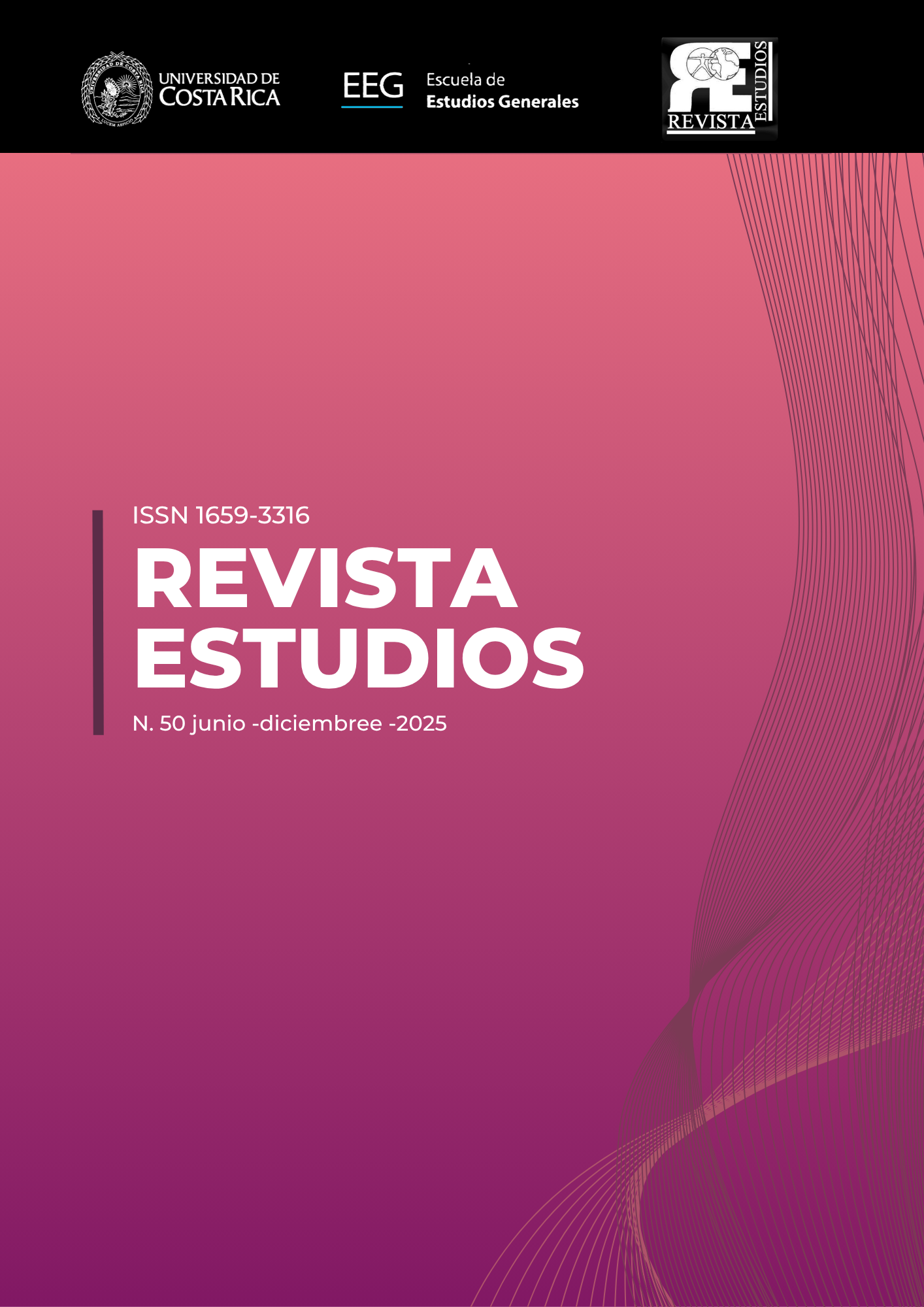Analysis of Cultural Heritage in Spanish Electoral Programs (2000-2019): The Treatment of Intangible Heritage
DOI:
https://doi.org/10.15517/0vqtd341Keywords:
cultural heritage, government policy, elections, political party, intangible cultural heritageAbstract
This research analyzes the cultural heritage proposals included in the electoral programs of Spain’s main political parties during general elections held between 2000 and 2019. The study aims to generate empirical data that enables both a quantitative and qualitative comparison of each party’s initiatives, ultimately establishing an indicator of political interest or disaffection toward cultural heritage. The research is supported by a theoretical approach that understands heritage as a socially and idiologically constructed field, shaped by symbolic disputes, and addresses electoral programs as performative discourses that reflect and project the political identity of the parties. . Methodologically, the study combines content analysis with political discourse analysis, and total of 130 proposals were identified and classified, paying particular attention to those related to intangible cultural heritage due to its relevance regarding identity and its potential to generate social cohesion. The results reveal significant differences among the parties, highlighting The Spanish Socialist Workers' Party (PSOE) as the one with the greatest capacity for proposal-making, a more structured vision, and heritage policies that aligned with international standards. In contrast, intangible heritage remains largely underrepresented and often becomes a site of ideological contention, reinforcing the idea that cultural heritage is a politically tense field.
Downloads
Downloads
Published
Issue
Section
License
Copyright (c) 2025 Javier Gámez Sánchez

This work is licensed under a Creative Commons Attribution-NonCommercial-ShareAlike 4.0 International License.
La revista Estudios es una publicación sin afán de lucro, por lo que no cobra ningún monto económico por la recepción, gestión y publicación de ninguna de las postulaciones.
Las personas que publiquen sus trabajos en esta revista deben completar y firmar la Carta de Autorización de Derechos de Autoría. Con la firma este documento las personas autoras conservan los derechos de autoría. Asimismo, ceden el derecho a la primera publicación bajo la licencia Creative Commons Atribución – No Comercial - Compatitr Igual 4.0 Internacional, la cual permite el uso no comercial, el compartir y crear a partir del trabajo, con el debido reconocimiento de la autoría.






